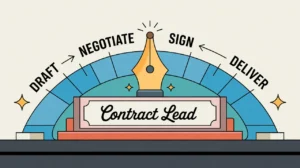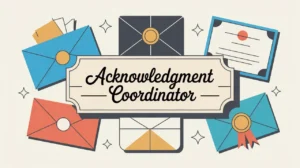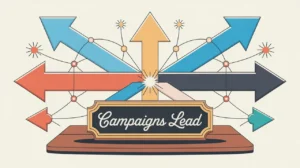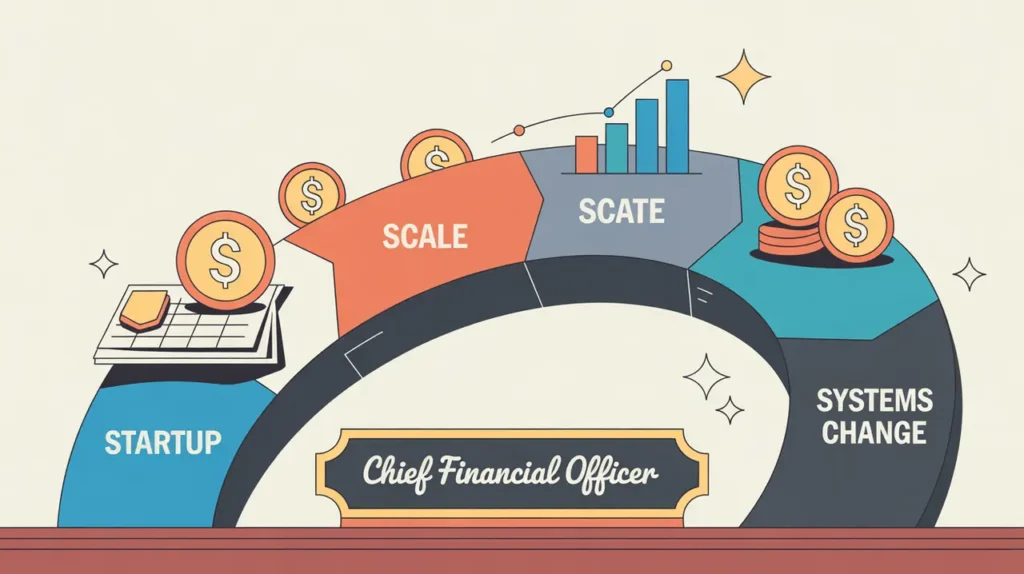What Does the Procurement Manager Role Involve?
A Procurement Manager is responsible for leading and overseeing the organization’s procurement strategy, policies, and operations. They ensure that goods and services are acquired in a timely, cost-effective, and transparent manner that aligns with organizational goals, donor requirements, and regulatory standards. Procurement Managers design procurement frameworks, negotiate with suppliers, oversee vendor relationships, and manage teams to ensure that procurement processes are efficient, ethical, and strategically aligned.
In nonprofits and social enterprises, Procurement Managers play a central role in safeguarding resources, ensuring compliance, and enabling effective program and operational delivery through well-managed supply chains.
At What Level does this Role Operate?
Mid to Senior Level: Procurement Managers typically operate with significant responsibility, reporting to a Director of Finance, Chief Operating Officer, or Operations Lead. They oversee procurement teams, set policies and procedures, and coordinate closely with program, finance, and legal teams to align procurement activities with organizational strategies and obligations.
Relative Employability: Procurement Manager roles are in strong demand across nonprofits, foundations, international NGOs, and social enterprises, particularly those managing large budgets, complex supply chains, or multi-country operations. Their expertise in compliance, cost control, and vendor management is essential to operational resilience.
Relative Pay Scale: Procurement Managers generally occupy the mid to upper-mid pay bands, reflecting their leadership responsibilities and strategic influence. Compensation typically sits above officer and assistant roles and may approach director-level pay in larger organizations.
What are the Key Responsibilities and Activities?
- Lead the development and implementation of procurement strategies, policies, and procedures
- Oversee procurement planning to ensure timely and cost-effective acquisition of goods and services
- Manage vendor selection, negotiation, contracting, and performance evaluation
- Supervise procurement staff and provide technical guidance, mentoring, and performance oversight
- Ensure compliance with donor, legal, and regulatory procurement standards
- Collaborate with program, finance, and operations teams to align procurement with organizational needs and timelines
- Monitor procurement metrics, budgets, and performance to identify efficiencies and risks
- Lead the development of preferred supplier agreements, strategic sourcing initiatives, and risk management plans
What Core Competencies and Qualifications are Needed?
Required Qualifications and Experience
The following reflect common qualifications and experience expected for this role, while recognizing that pathways may vary by context, organization, and region.
- Relevant academic background in business administration, supply chain management, finance, or related fields
- Significant experience in procurement or supply chain management, preferably within nonprofit, development, or public sector contexts
- Strong knowledge of procurement regulations, donor compliance standards, and contract law
- Demonstrated experience in strategic sourcing, negotiation, and vendor management
- Supervisory experience managing teams and complex procurement portfolios
Key Competencies
- Strategic thinking and ability to design and implement procurement frameworks
- Strong negotiation and supplier relationship management skills
- Deep understanding of compliance requirements and ethical procurement practices
- Excellent organizational and project management abilities
- Analytical skills for evaluating procurement performance and cost-effectiveness
- Leadership and team management capabilities
How are AI and Automation Shaping this Role?
An AI-native Procurement Manager can use AI tools to automate vendor vetting, bid evaluation, and compliance checks, improving speed and accuracy. Predictive analytics can forecast procurement needs and identify cost-saving opportunities, while AI-enabled contract management systems can flag risks and ensure timely renewals. Workflow automation can streamline procurement approvals and reporting, allowing managers to focus on strategic sourcing, risk management, and relationship building.
What Career Pathways and Transferable Skills are Associated with this Role?
Procurement Managers can progress to roles such as Director of Procurement, Director of Finance and Operations, or Chief Operating Officer. Their skills in negotiation, compliance, supply chain strategy, and operational leadership are transferable to senior roles in finance, operations, and organizational strategy. Over time, they may lead multi-country procurement strategies, oversee enterprise resource planning systems, or drive organizational efficiency through procurement innovation.







